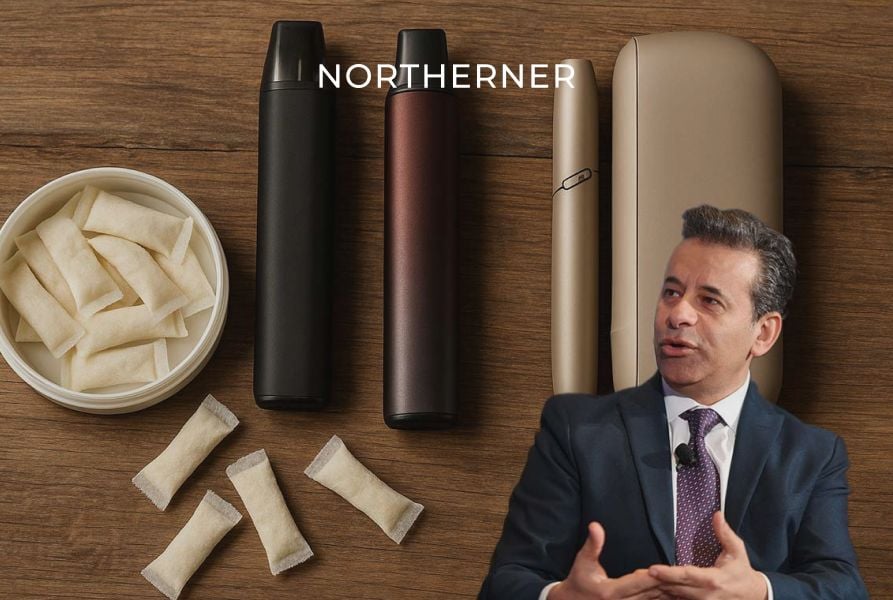New FDA Commissioner Offers Hope for Nicotine Regulation
In his first major public remarks since taking the helm of the US Food and Drug Administration (FDA), Dr. Martin Makary offered a glimmer of hope to supporters of tobacco harm reduction.
Speaking at the FDLI Annual Conference, Dr. Makary underscored the need for science-driven, but sensible, regulatory processes—principles many hope will finally be applied to reduced-risk nicotine products like vapes and pouches.
In a wide-ranging fireside chat, Dr. Makary emphasised the importance of independent scientific rigor, while acknowledging the value of industry engagement. His view was that although there must be strong partnerships with key players in the market, “scientific evaluation must remain impeccably independent.”
This dual focus is especially significant for nicotine stakeholders who have long argued that harm reduction science is often overlooked in regulatory decisions.
Taking a Proportionate Approach to Reduced-Risk Alternatives
Though he made only brief comments about nicotine, Dr. Makary’s call to crack down on illegal, unapproved vaping products entering the US highlights an enforcement-first approach to illicit actors, potentially creating room for more fair and consistent pathways for compliant, reduced-risk alternatives.
More promising, however, was his overarching philosophy on product regulation: To tailor the approach to the nature of the product.
The approval of a drug for stage 4 cancer should not be the same as that for a cosmetic or a food.
United States Commissioner for Food & Drugs
This principle could pave the way for more a proportionate approach to e-cigarettes, nicotine pouches, and other alternatives that do not involve combustion like traditional smoking.
Dr. Makary Signals a More Modern, Efficient FDA
A key highlight of Dr. Makary’s remarks was the FDA’s rapid adoption of artificial intelligence. Already in pilot, AI-assisted reviews can dramatically cut processing time, with one recent test demonstrating how AI can complete in 6 minutes what a human reviewer would need several days to analyse. “By June 30, AI will be available to all scientific reviewers,” he announced, noting the potential to reduce development timelines and costs for industry—essentially streamlining the FDA workforce, boosting efficiency and opening up for more innovation, as well as passing on savings to consumers.
Dr. Makary also expressed a desire to replace animal testing with computational modelling and predictive toxicology, further signalling a more modern, efficient FDA.
For public health advocates and adult nicotine consumers, Dr. Makary’s blend of scientific integrity and common sense could offer the overdue reset the agency needs. “Whether this vision extends fully to tobacco harm reduction remains to be seen—but today, the tone was encouraging,” says Dr. Marina Murphy, Senior Director at Northerner, who attended the conference.









Login and Registration Form